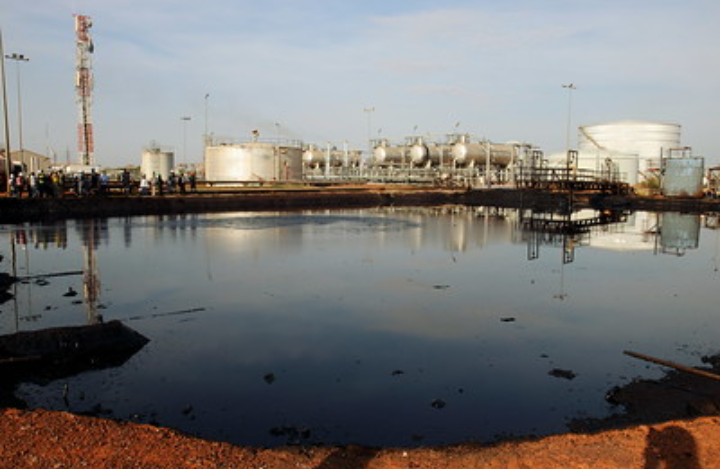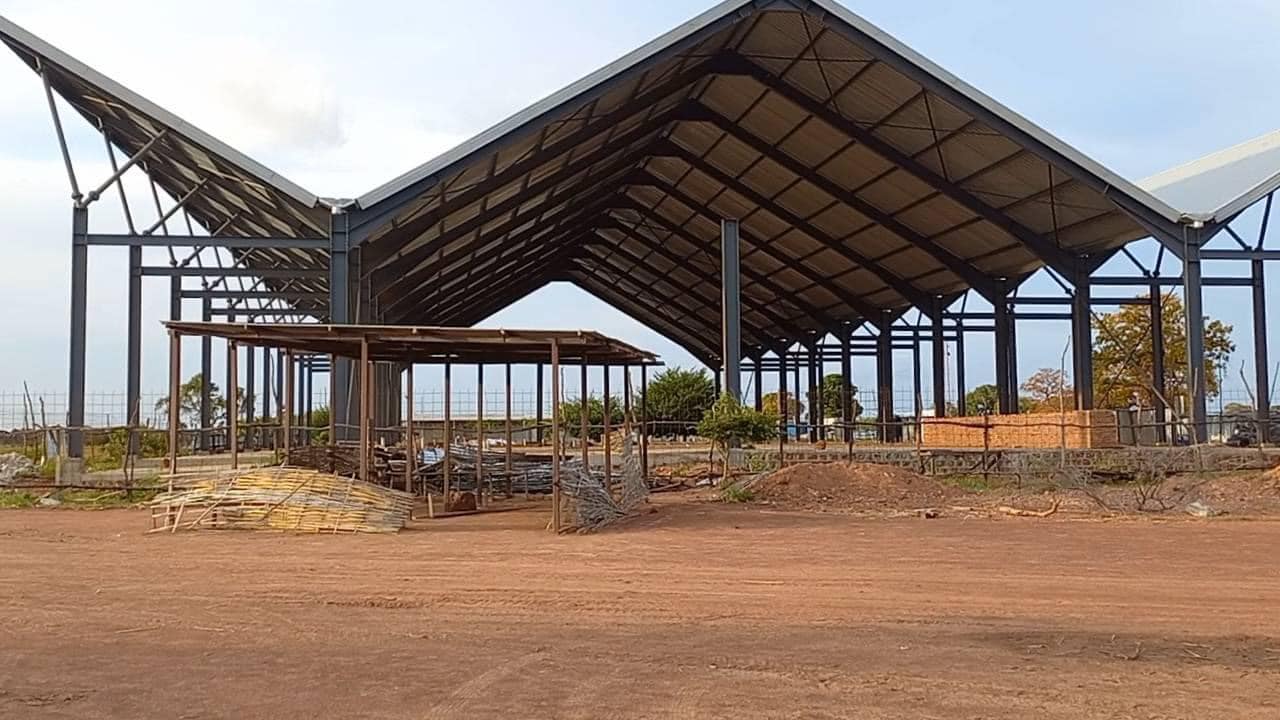How Konyo-konyo traders became sacrificial lambs of CES-Islamic land dispute

A nasty land dispute on Konyo-Konyo north market has reduced the traders to mere spectators and also collateral damages of a fight between two bulls.
The disputed land that pits the state government of Central Equatoria State against the South Sudan Islamic Council has brewed for a long with no signs of its ending.
The City Review established that the traders pay double monthly land fees and taxes to the local government and Islamic Council who both claim ownership of the land containing hundreds of shops.
It is a dispute that surfaced in 2018 after the country was reverted to 10 states, dissolving the former administrations. The restructuring came with a bag of curses for the traders as they were subjected to compulsory ground rent fees by the two administrations.
Attempts by the traders to seek answers on why they were being subjected to the double payments were met by harsh treatments.
“It has become like a criminal practice at the watch of the government,” a trader known as Juma Taban Angelo said.
“They threaten us, beat us and even harass or jail some of us. Why all these as if we are criminals despite our vital role of delivering services to the citizens.”
Mr. Taban who built and owns a shop in the area since old Sudan’s regime in the 1990s said the council uses law enforcement agents to collect the ground fees from the traders forcefully without ‘mercy’.
“When they come to a shop, their money has to be paid and if you do not have it then they will not sympathize. Unlike the government when you do not have the cash they give you some days to look for the money,” Taban narrated to the media.
They added that some traders who disregarded the fees demanded by the Islamic Council could be harassed, beaten, and jailed or have their shops shut until the needed amount which ranges from SSP 20,000 to SSP 40,000 is fully paid.
Some traders like Kazimiro Mori Ladu have contemplated leaving the area due to unbearable double rental fees to rival parties, adding they incur losses. They called on the national government to intervene.
“I want to know how Islamic Council owns the market which belongs to the government,” Mori said. “We want the government to solve the matter so that we do not have a conflict with the council because we cannot afford to pay double rent monthly.”
Mori added, “This problem will cause violence if the government fails to intervene because we do not want harassment. I have a legal document from the Juba City Council and yet they are telling me that the documents are not working. Who is the government? Islamic Council or the Juba City Council?” Let the government show us the rightful owner of the land. That is the only thing we want,”
Another trader called Emmanuel Juma said, “We were told not to pay any money to anyone except the chamber of commerce, but still some people come with arms and force us to pay. They also tell us to relinquish the ownership of the shops to them and continue to pay both the ground fee and shop rent.”
The dispute’s genesis
The dispute between the city council and the Islamic body has dragged since last year compelling the state government to pursue a legal criminal case against the former, which was nullified on September 21, 2022, by the Juba County Court.
According to the court, whoever feels offended, either the complainant – the local government- or the respondent – the South Sudan Islamic Council – should institute the case in a civil court to determine the rightful owner of the land.
Following the order, the Juba City Council issued a local order banning traders from complying with their opponent until the court decides who owns the land. The city council further said even if the court rules in favour of the Islamic Council, they would compensate the council with another land beside the disputed area.
Last week, the council stated that it remains the rightful owner of the land, presenting documents to evidence its claim but the city council maintains that the Islamic body has no right to claim ownership of the place.
Robert Pitia, the Chairperson of the Central Equatoria State Chamber of Commerce warned against harassment and called on the law enforcement agents used to distort money merchants to desist from being used
“Nobody has the right to intimidate, harass and distort money from traders. We have all the institutions on the ground – the Chamber of Commerce and the Juba City Council – protecting the rights of traders,” Pitia said. “Market is not a place for disturbing people it is to serve and provide services and the government is responsible.”
“The issue of security organs being used by the Islamic Council let them know that the order from mayor banning any collection by the Islamic Council and they should know that once they are caught, they will face the law,” he added.
But Pitia assured the traders of the government’s effort to resolve the dispute so as to protect the right of traders operating in the disputed area.


